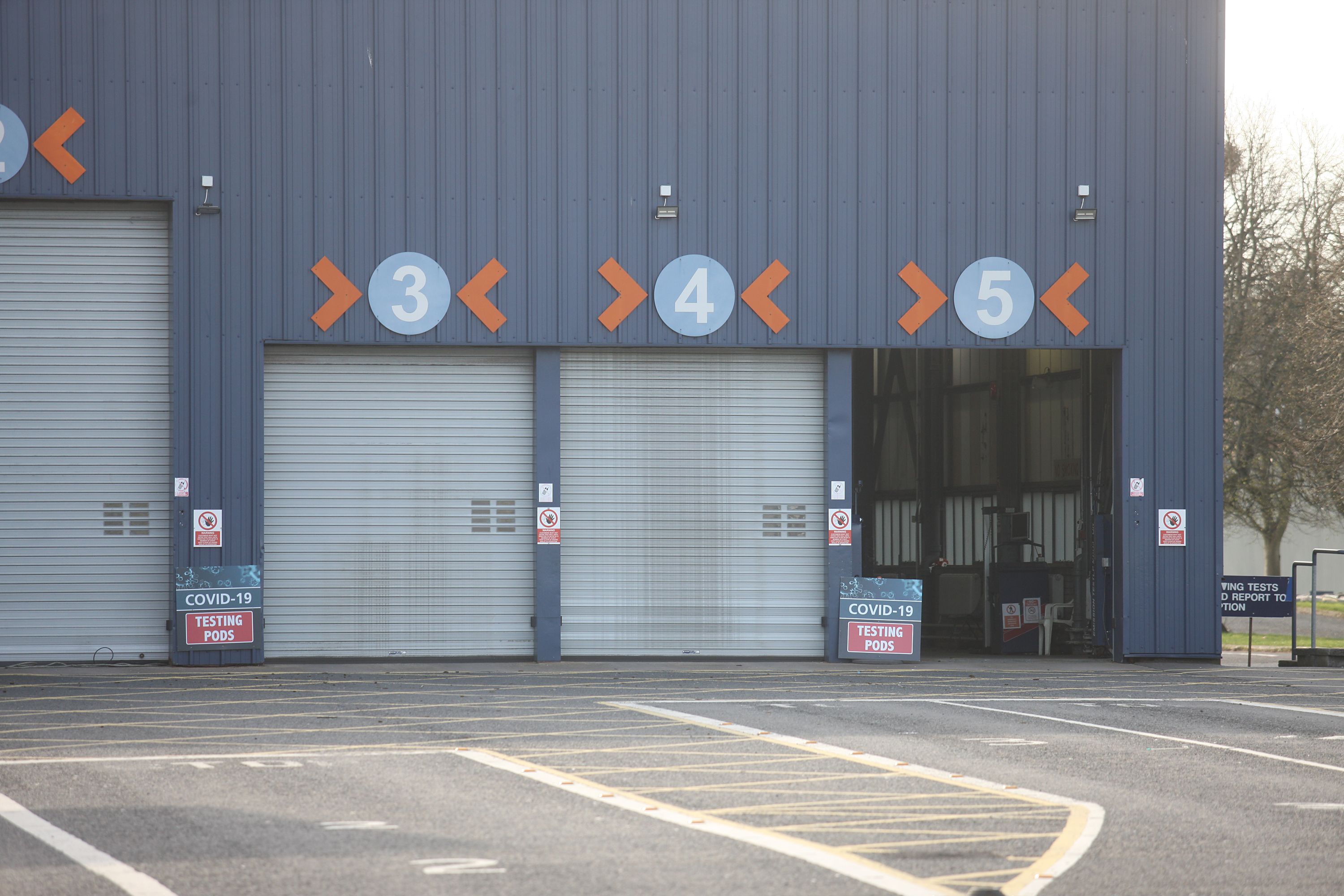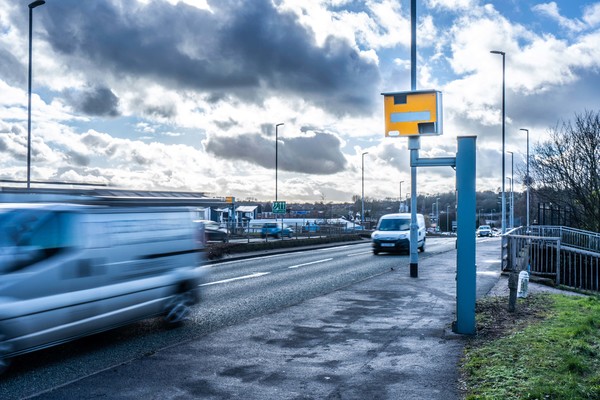INFRASTRUCTURE Minister, John O’Dowd has announced the introduction of one-year temporary exemption certificates (TECs) for some private cars. TECs will apply to private cars first registered between 1 June 2019 and 31 May 2020 or between 1 June 2017 and 31 May 2018, which have a valid MOT certificate issued by the Driver and Vehicle Agency (DVA).
TECs will come into effect from 1 June 2024 and will be automatically processed by the DVA. The Minister also confirmed that he is considering launching a public consultation on biennial MOT testing – that’s a test once every two years instead of a test once every year, which is the current requirement.
It is very disappointing that the Minister is introducing temporary exemptions for just certain ages of car. If there are exemptions to be had, why not every car? Whilst the Minister is well intentioned, his plan does not address the core capacity issue driving the MOT backlog. Instead, the announced move will only delay the implementation of a permanent solution even further. Consumers and industry alike are growing increasingly frustrated with the persistent delays in the completion of MOT testing centres in Hydebank and Mallusk. Come on guys, get your act together.
The National Franchised Dealer Association in Northern Ireland has been vociferous on this issue, highlighting key areas of improvement after various meetings with DVA officials. However, the Minister is yet to meet with them, leaving them disappointed that his decision was made without consultation with the wider industry.
Temporary exemptions were used during the MOT centre broken ramps debacle and Covid-19, while the potential move to a biennial MOT testing regime has been mooted before. It was in many experts’ opinion a bad idea then and is still a bad idea now. It is entirely possible that the biennial testing proposal would prove detrimental to the safety of road users and pedestrians. But testing every two years will not only impact road safety, it will ultimately lead to more expensive maintenance and some very expensive breakdowns.
THE cost-of-living crisis combined with the rising cost of motor insurance is encouraging many drivers to be economical with the truth when applying for policies. That’s the findings of research conducted by the Green Insurer, an organisation focused on helping drivers reduce carbon emissions and encouraging us to drive in a more environmentally friendly way.
Over a quarter of motorists surveyed regarding insurance applications admitted to stretching the truth to reduce their car insurance premium. The biggest fabrication, admitted by 21 per cent of drivers, was to understate their annual mileage. Other fibs include saying that a car is kept in a garage when it is not, and falsely claiming to have an immobiliser or alarm. Drivers also admitted to claiming they had a lower risk occupation or stating that their car was not used for work when it was.
Drivers aged 65 and over were the most honest when applying for cover, with 83 per cent saying they would never provide false information, compared to 63 per cent of 18– to 24-year-old drivers. Younger drivers who had provided false information when applying for a policy were very likely to have had an insurance claim rejected completely, or scaled back because they were found not to have told the complete truth.
The reality is that insurance companies will do anything they can not to pay out, so please, do yourself a favour by full honest disclosure on your policy application – you will be happy you did when the time comes to claim.







